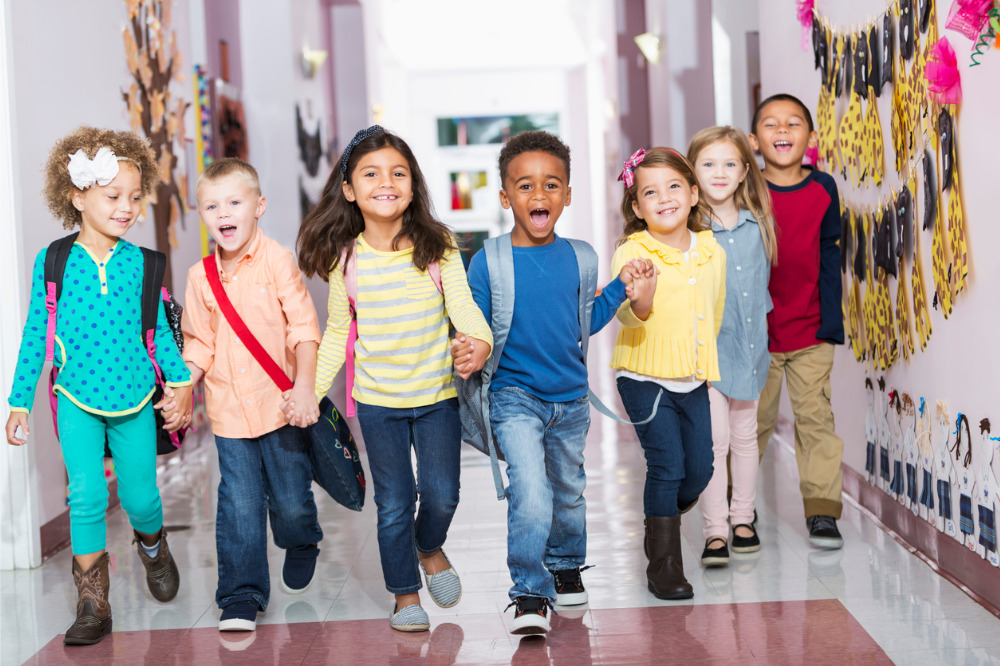
In Australia, an estimated 314,000 children aged 4–11 (almost 14 per cent) experience a mental disorder. According to the World Health Organization, there is strong evidence that mental disorders in childhood and adolescence predict mental illness in adulthood.
As schools get their affairs in order for Term 1, improving the mental health and wellbeing of young people who struggled through the Covid lockdowns, is being made a top priority.
A staggering 90% of Australian parents are anxious about disruptions to schooling in 2022, new research by Cluey Learning shows. According to the nationwide survey, 72% of parents felt the biggest issue with remote learning last year was their child missing their friends at school.
UniSA’s Professor Marjory Ebbeck says while COVID-19 remains prominent in media and everyday discussions, helping children think positively about their new school year will be important for their mental health and wellbeing.
“With debate surrounding sufficient availability of Pfizer vaccinations for primary school children (aged 5-11 years), and ‘bi-model’ learning (face-to-face learning for reception and years 1, 2, 7, 8 and 12; and home schooling for all others), it’s not surprising that parents and children alike are confused and concerned about the current scenario,” Prof Ebbeck said.
“For the past few years, children have heard, seen and experienced school closures and State lockdowns, as well as food, grocery and now vaccine shortages – they’ve seen it on TV, heard their parents talk about it, and had to adopt their new safe health practices, including mask-wearing and social distancing.”
Prof Ebbeck says focussing on the positives of returning to school and building children’s sense of confidence and wellbeing is extremely important now that face-to-face learning has resumed.
“Reassure children that school is a safe place, that they’ll be able to play with their friends, see familiar spaces, and have great books to read. Remind them that their teachers are looking forward to seeing them, and that they’ll get to do lots of fun and exciting activities with their classmates,” she said.
“At the same time, parents can also support children’s wellbeing through practical things such as ensuring their child gets enough sleep as well as enough outdoor play, cutting back on technology, and settling back into a regular routine.”
Prof Ebbeck said that by focussing on these positives, parents can help build their children’s confidence, ability to cope with stress, and their overall wellbeing.
Andrew Pierpoint, President of the Australian Secondary Principals’ Association (ASPA), said that while the principal’s role in the education of young people has always been critical, it is more so now that schools are emerging from protracted lockdowns to support young people, including the most vulnerable.
“This has never been so important with the increasingly complex role of principals due to the pandemic,” Pierpoint told The Educator.
“Mental health of students is now, more than ever, of paramount importance. Having students mentally fit and ready to learn is clearly important in our schools.”
Pierpoint said principals play a critical role in supporting students with modified curriculum, support programs and putting students and their families in contact with specialised support as required.
“As we begin a new school year we must focus on supporting those students who have fallen behind to help them recover lost learning,” he said.
“But it is also vital that we provide the mental health and emotional wellbeing support that some students need, not just to adapt post lockdown, but to thrive. As a society we must recognise this need, work together and have ready to go support in place – now.”


